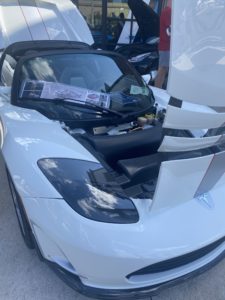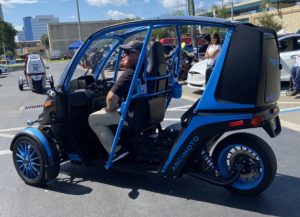Critter Comfort Cottage
Grades 3 – 5
1st Place – Team Caterpillar Castle – Sally Ride Elementary (Orlando)
Teacher – Betty Berriz
Students – Zola, Kensleigh
2nd Place – Critter Cottage Crew – Ocean Breeze Elementary (Indian Harbor Beach)
Teacher – Holly Mentillo
Students – Ellie, Faith, Finley, Kenzie, Micheala
3rd Place – Lizard Lovers – Zellwood Elementary (Zellwood)
Teacher – Pamela Owens
Students – Annika, Samatha, Della
Grades 6 – 8
1st Place – Robo-Hamstyer Cottage – Carwise Middle (Palm Harbor)
Teacher – Bettie Rossie
Students – Rita, Matias, Mya
2nd Place – Bunny Builders – Carwise Middle (Palm Harbor)
Teacher – Bettie Rossie
Students – Riat, Matias, Mya
3rd Place – WMS Warrior Guinea Pig House – Westridge Middle (Orlando)
Teacher – Isidra Legarov Jr.
Students – Nethanya, Elza, Emily
Grades 9 – 12
1st Place – Aquaponic Fish Tank – Lakewood High (St. Petersburg)
Teacher – Jennifer Pacowta
Students – Kieran, Borislava, Macie
2nd Place – Birdhouse–GC Team – Lakewood High (St. Petersburg)
Teacher – Jennifer Pacowta
Students – Cayla, Gavriel

